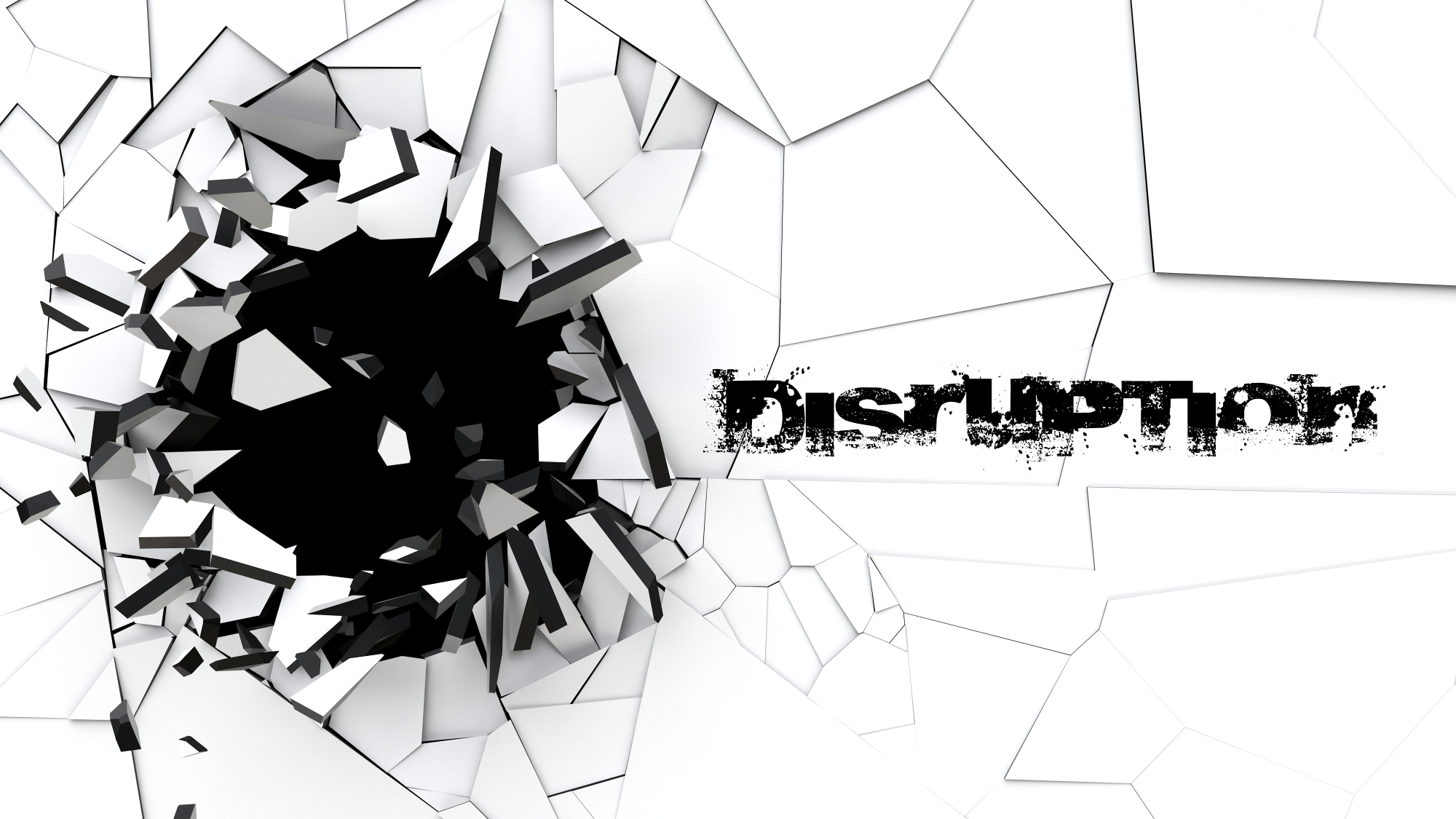
It’s truly amazing how this virus is changing everything. The practice of shaking hands is said to have begun way back in the 5th century B.C. in ancient Greece. It was originally thought to be a symbol of peace – a sign that neither side was carrying a weapon. Since then, the handshake has become the way deals are done, bets are guaranteed, credibility is sealed, and introductions are made.
Until now.
Now we’re not shaking hands – we’re washing our hands.
And as the wise Dr. Fauci told us last week, “I don’t think we should ever shake hands again, to be honest with you…We’ve got to break that custom.”
And in just weeks, a ritual that has survived world wars, natural disasters, the overthrows of empires, as well as other pandemics has come to a complete and total halt. In a short period of time, we’ve gone from elbow bumps, to waves, to not seeing each other altogether. Say good-bye to the high-five.
It’s disruption like no one’s ever seen before.
We don’t eat out. We have stopped checking sports scores. We shop for nothing but essentials (and we hope they deliver). We’re no longer in bumper to bumper traffic. We don’t take Ubers or Lyfts. We have stopped multi-tasking (for the most part).
We are less focused on our appearances, and how we look on Facebook or Instagram. In fact, we are increasingly comfortable being photographed in sweats, with unruly hair and no makeup.
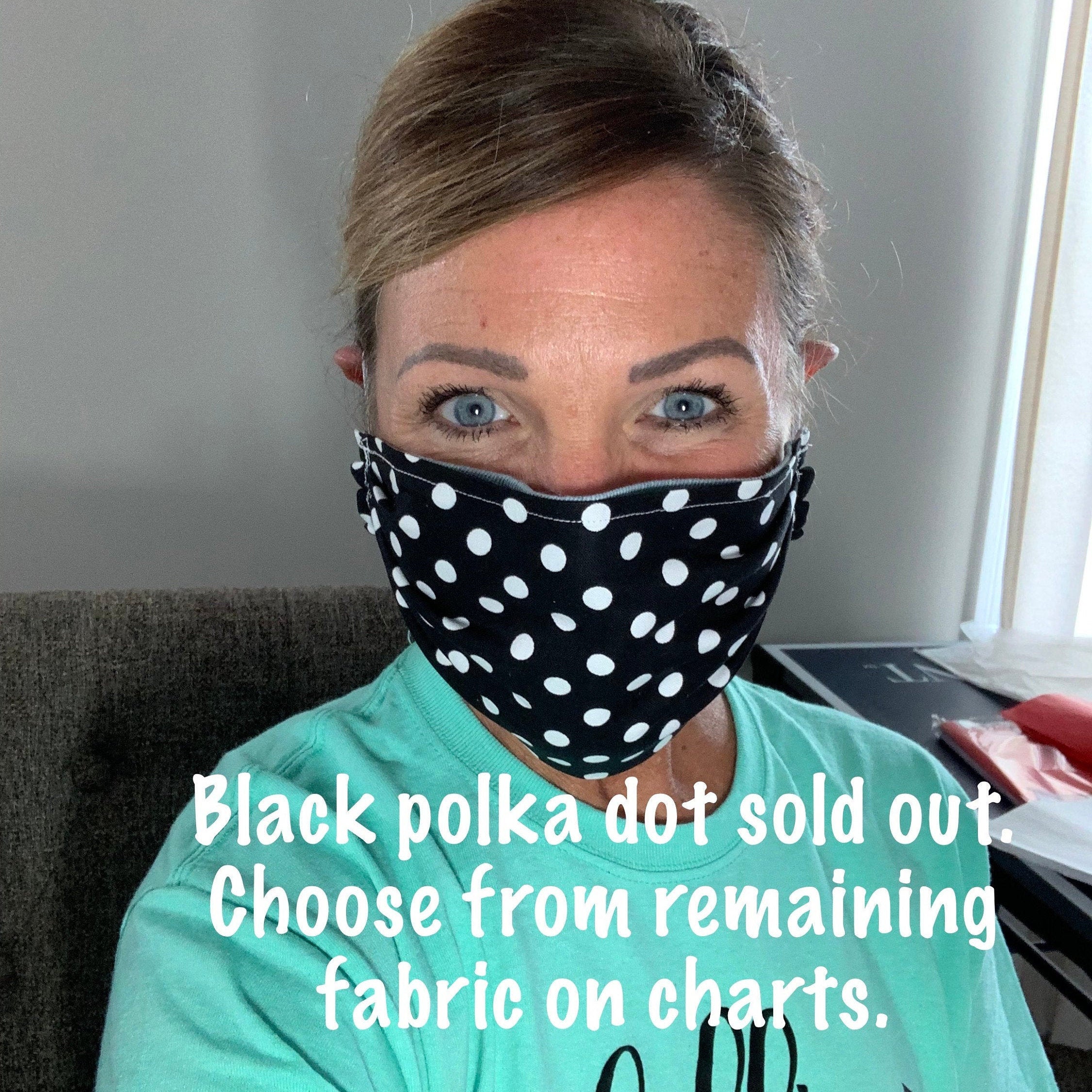 Masks have become part of our wardrobes. They’re a 2020 fashion statement. Just look on Etsy for proof.
Masks have become part of our wardrobes. They’re a 2020 fashion statement. Just look on Etsy for proof.
More and more, we wave or nod to random people we see. We finally have time to tackle some of those long neglected projects. We read more. And we treasure “seeing” friends and family – albeit on screens.
We’re spending more time with our partners, kids, and parents – albeit on Facetime, Zoom, and other video chat platforms.
Conversations that used to be casually started with “Hey,” “Yo,” or “What’s up,” were robotically responded to with an empty and perfunctory “I’m good,” Now, these same encounters are initiated by questions like “How are you?” You healthy? Are you doing OK?” And we truly care about the response.
We worry more, and it’s now about different things than we were fretting about back in February. The health and welfare of our families – and even ourselves, the condition of our businesses, the shape of our 401Ks and savings, and the stability of our livelihoods are all now on the front burner. Those COVID-19 national radio studies for commercial, public, and Christian broadcasters we just wrapped up all agreed on one thing: most of us are more concerned about the physical and mental health of others than ourselves.
We have more empathy now. We aren’t just thinking about ourselves – we’re wondering about our parents and how they’ll handle both old age and a pandemic. And we are much more concerned about our kids, and their educations – if they’re young. If they’re older, we aren’t sure how they’re going to be able to navigate an increasingly unstable job market – and world.
It’s disruption like no one’s ever seen before.
We now have a genuine appreciation for what others are going through. We have a sudden respect and gratitude not just for doctors and nurses, 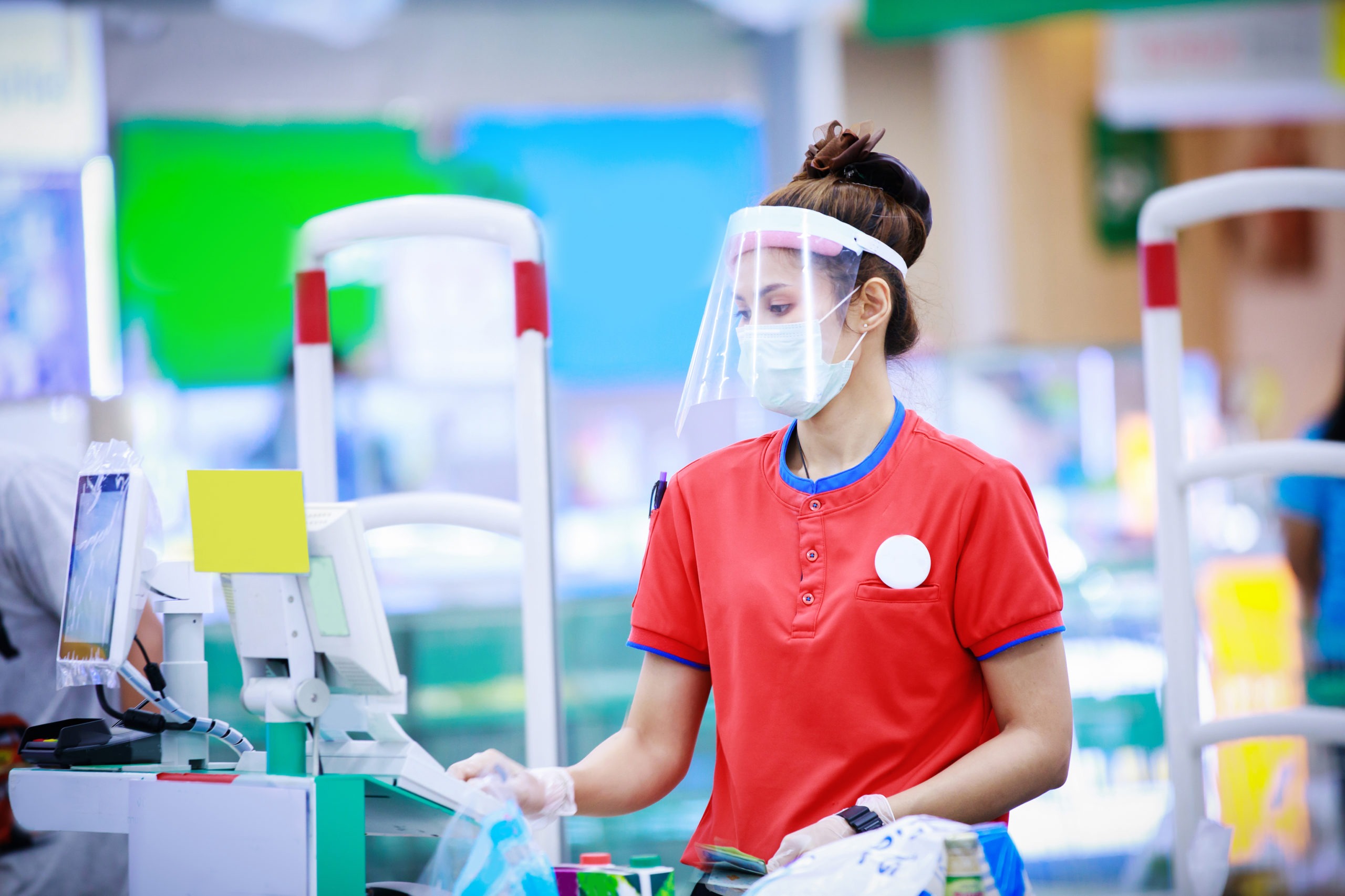 but orderlies, pharmacists, checkout cashiers, shelf stockers, pharmacists, delivery drivers, and the people working the drive-thru lanes.
but orderlies, pharmacists, checkout cashiers, shelf stockers, pharmacists, delivery drivers, and the people working the drive-thru lanes.
COVID-19 is changing us in unpredictable ways. For the first time since 2002, there were no school shootings in the U.S. in the month of March. And rivers, streams, lakes, and the atmosphere are cleaner than they’ve been in decades – or longer.
For those of us still working, despite the fact we cannot be in the same room or studio or cubicles, we’re talking more to our co-workers, albeit on screens. And we’re even more in touch with our audience via many channels, including social media and even the phone.
For the thousands of radio pros who have suddenly had their positions eliminated or put on furlough, this is a horribly disruptive time because they’ve lost their jobs and worry about the future of their careers during a time when it’s not really possible to hustle for that next job. How will some of them find their next job given the instability of the advertising market?
It’s disruption like no one’s ever seen before.
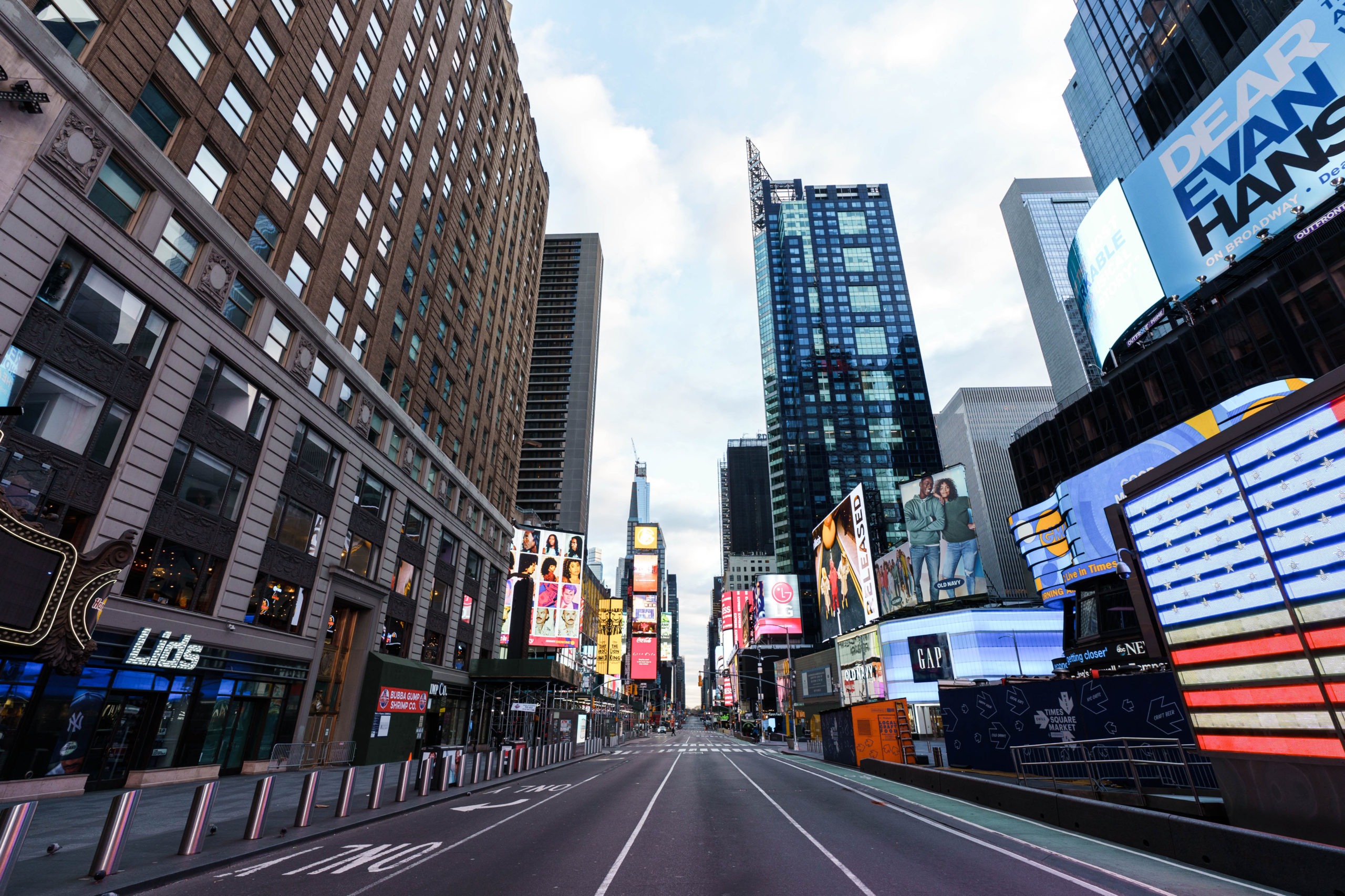 We used to think disruption was a device or a platform – like the iPod, Alexa, podcasts, or satellite radio. Now, we know better.
We used to think disruption was a device or a platform – like the iPod, Alexa, podcasts, or satellite radio. Now, we know better.
The most amazing gadget or platform cannot shut down Times Square, empty the Eiffel Tower, bring sports to a complete halt, or make the 405 seem like Interstate 80 in Nebraska.
In spite of how focused on innovation and technology we’ve been, we’re facing a problem that requires not just smarts, but time, collaboration, and probably some luck in order to solve.
We’re learning this virus can be a gateway for upstart brands to make their mark. Zoom is a great example. While Microsoft has the incumbent, Skype, and Google has popularized their Hangouts, here’s a much smaller player becoming a fast-growing brand. “Let’s do a Zoom meeting” has rapidly become an oft-said phrase for both business and personal applications.
As industry analyst, Benedict Evans, recently observed, “It’s striking that Zoom has made such a big impact despite every tech giant having a big mature product in this space (or even several – how many does Google have?!). It’s really not as hard to displace these companies as some would think, if you can find the right wedge.”
We’d better get used to it. Every incumbent brand – especially in the content and distribution business – will need to rethink everything in the wake of the virus. That’s because there are few “givens” left.
It’s disruption like no one’s ever seen before.
The good news for broadcasters is that radio was never a contact sport to begin with. Most personalities do shows by themselves. That producer in the adjoining studio may now be in their spare bedroom. And in the case of ensemble shows, cast members have quickly learned how to maintain their chemistry without being in the same zip or even area code. The loner nature of radio may actually lend itself well to a pandemic where going solo – socially and in business – is the norm. In fact, some DJs have been practicing “social distancing” their entire careers.
In the midst of this viral disruption, what does success look like on the radio sales side? It sure won’t be how many fans showed up at a remote. Store traffic – usually a reliable measure of 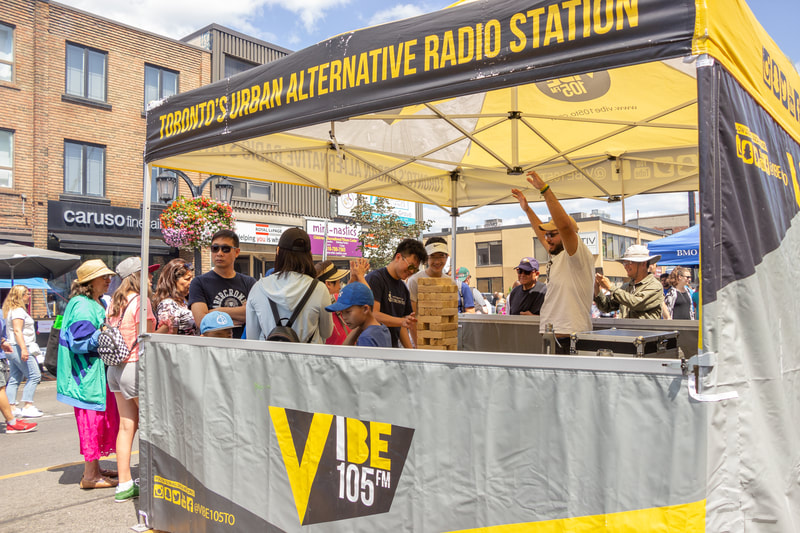 results – has become irrelevant in recent weeks. As most commerce now has an “e-” in front of it, how will radio sellers’ jobs change? What will become of radio’s street teams and prize wheels in a post-virus world?
results – has become irrelevant in recent weeks. As most commerce now has an “e-” in front of it, how will radio sellers’ jobs change? What will become of radio’s street teams and prize wheels in a post-virus world?
We’ve been tracking online shopping over the holidays in our Techsurveys the past several years. Moving forward, the growth of this sector should be exponential moving forward. Every day is Cyber Monday.
And this “shop at home” phenomenon opens the door for radio to make its case that it’s still a highly effective, engaging local marketing medium, whether people walk in a store or land on an e-commerce site.
It’s disruption like no one’s ever seen before.
Like most other businesses, radio is now facing many unknowns – not just during this pandemic itself, but in the inevitable fade-out of COVID-19 as we work our way out of this existential jam.
Somehow, the research radio has been doing all this time has an off-key quality to it now. Yes, it still matters whether a station “owns” a music genre or style. It is of continued relevance whether the morning show outperforms the rest of the station.
But some of the most fundamental issues about how broadcast radio will serve its audiences moving forward, while providing marketing solutions for advertisers, are very much up for grabs – right now today. These are the questions that need to be asked…and answered.
This pandemic is different than anything any of us has faced before. It’s like 9/11 has occurred in every market in the country, from New York City to Rapid City. It affects big metros and rural expanses. And unlike a natural disaster or even a tragic school shooting, those disruptions have an expected beginning, a middle, and an end. COVID-19’s story arc is a winding, roller coaster ride that is impossible to track. How many times have you heard a scientist say, “The virus will do what the virus will do.”
In that same COVID-19 study we wrapped up a couple weeks ago, respondents told us emotions like anger, depression, and fear are present, but not as prominent as the “up and down” feelings we cannot shake. Every turn of the path is uncertain, unknown, and risky. These days, strategic planning is not for the weak of heart.
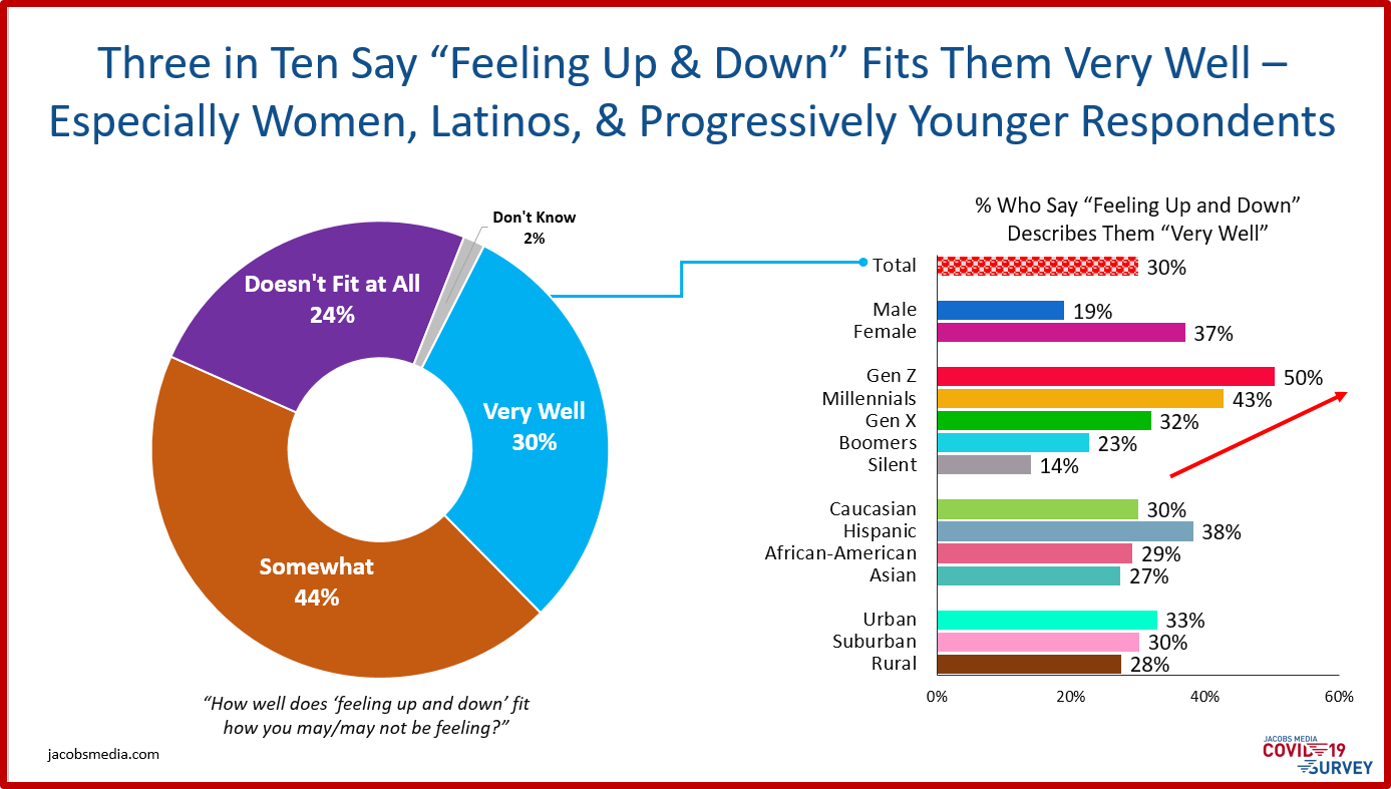
Jacobs Media has spent much of the last decade helping radio broadcasters prepare for the inevitable digital transition. We have been “all in” with streams, apps, smart speakers, and podcasts because of long-held beliefs these outlets and technologies are, in fact, the future. And everything we’ve seen in our dozens of Techsurveys for radio stations of all types only reinforced the inevitability of this tectonic shift in the way media outlets entertain and inform.
Radio has been on this path for several years now, but thanks to the sweeping impact of COVID-19, the timetable of change has greatly accelerated, forcing us to confront a slew of questions. As our audiences find their own futures very much up in the air, radio’s ability to meet new demands, adapt to new listening locations, and face changing shopping and consumption patterns is what’s on the line now.
The good news is that radio teams figured out in relatively short order how to adjust to broadcasting from multiple and unusual locations. But don’t 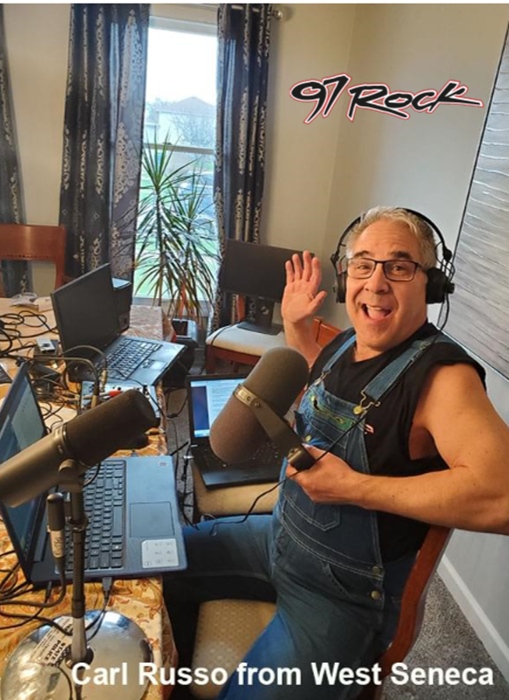 think for a moment it was all IT and engineering’s accomplishment. The fact is that programmers, talent, sales reps, their managers, and support staffers have had to adapt on the fly to these sweeping changes.
think for a moment it was all IT and engineering’s accomplishment. The fact is that programmers, talent, sales reps, their managers, and support staffers have had to adapt on the fly to these sweeping changes.
Our leaders – especially the nation’s governors – are now grappling with the question of what life will look like when the country reopens? Over the next several days and clearly weeks, it’s a question you’re going to hear asked again and again.
So, I would pose a slightly different question to the industry’s corporate honchos:
What will radio look like when the country reopens?
What will the streaming model look like as a nation’s entertainment and information needs shift?
Will radio’s future still have a local focus or will we be accelerating the path toward a “hub-like” future, where central locations will be the headquarters of content, marketing, sales, and production?
Will radio create e-commerce engines of its own, so clients can go online and place a schedule or create a media campaign themselves?
When will the measurement yardstick accommodate a methodology that allows radio brands to accurately aggregate listening from myriad devices, providing marketers with numbers more reflective of its multi-platform usage?
What new marketing and attribution techniques will radio have to initiate adopt that provide advertisers and brands with the confidence to effectively make the best use of a brand’s audience reach and engagement?
How will advertiser slots and marketing opportunities be structured moving forward? Those old clocks may not make a lot of sense in the post-apocalyptic COVID-19 world.
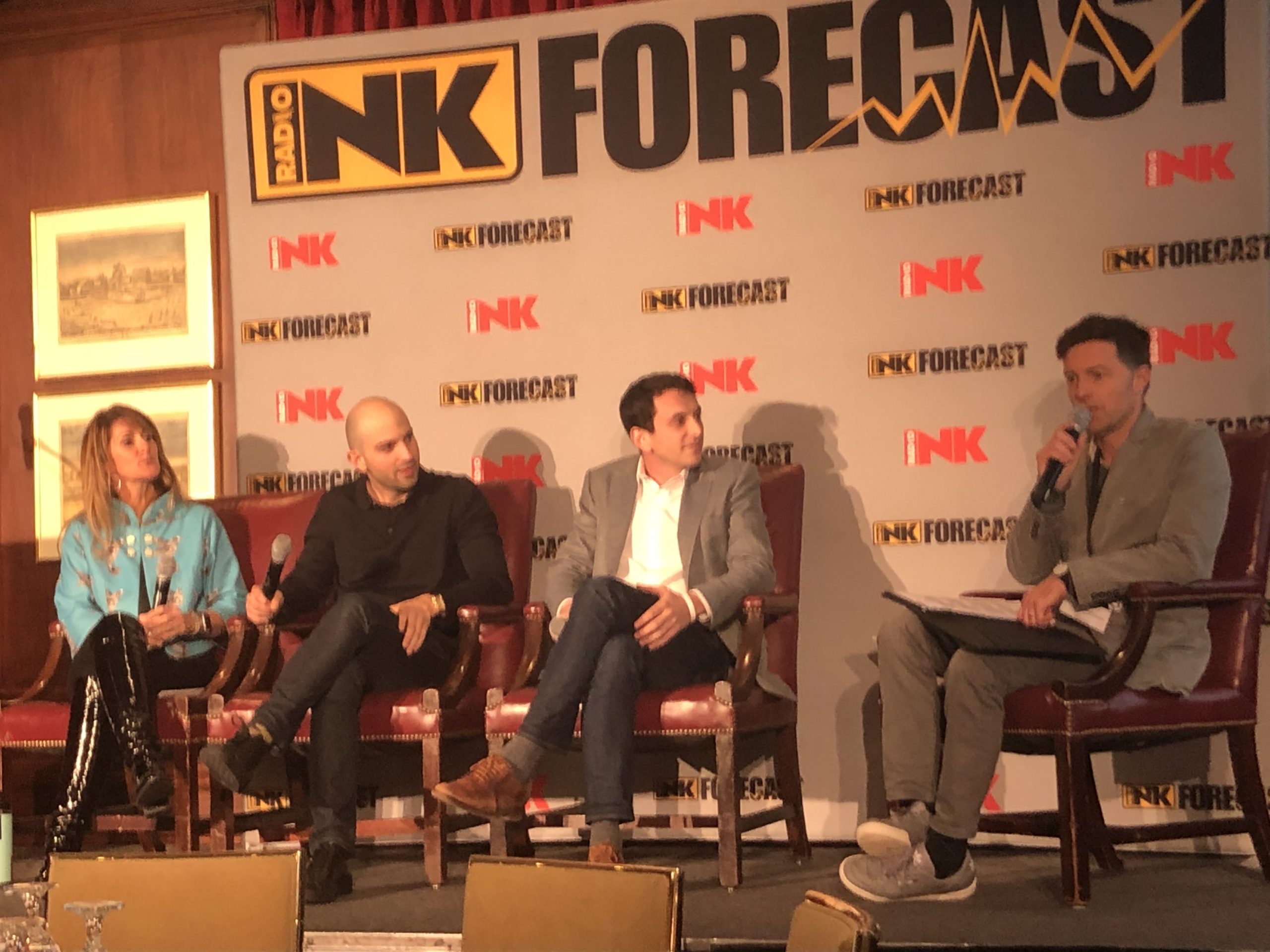 In order to figure all this out, we’re going to need better and more strategic research that addresses the most critical needs of our constituencies. And unlike the way we were problem-solving in February, we won’t be able to work through our problems at the next company retreat nor will we be hanging out together at a radio conference.
In order to figure all this out, we’re going to need better and more strategic research that addresses the most critical needs of our constituencies. And unlike the way we were problem-solving in February, we won’t be able to work through our problems at the next company retreat nor will we be hanging out together at a radio conference.
There won’t be off-sites because we’re all off-site. We’re going to have to attack these unthinkable challenges without the usual trappings, tools, and gatherings.
The good news is they’ll be cheaper, more efficient, and we won’t be on airplanes anytime soon. But the challenge will be having to brainstorm, problem-solve, and innovate under different circumstances, using new technologies and methods. The “room dynamic” will feel a lot different on a video chat platform.
It’s disruption like no one’s ever seen before.
At Jacobs Media, we’re committed to generating new data and developing new intelligence, along with melding our experience to help provide context and a sense of priorities to the process.
When Seth Resler joined our company five years ago this spring, he took one look at our website and told us flat-out our company didn’t have a statement of purpose. We provided program consulting, sales support, research insights, speaking engagements, and other services. But nothing knitted them all together.
After much conversation, we settled on this statement of purpose that still lives above the fold on our website today:
“Guiding media companies in the age of digital disruption.”
I’m thinking we remove the word “digital,” and we’re good for the next few years.
“Rethinking everything” is not a task for the meek or the unimaginative. We’re going to need to assemble our best teams, and include some 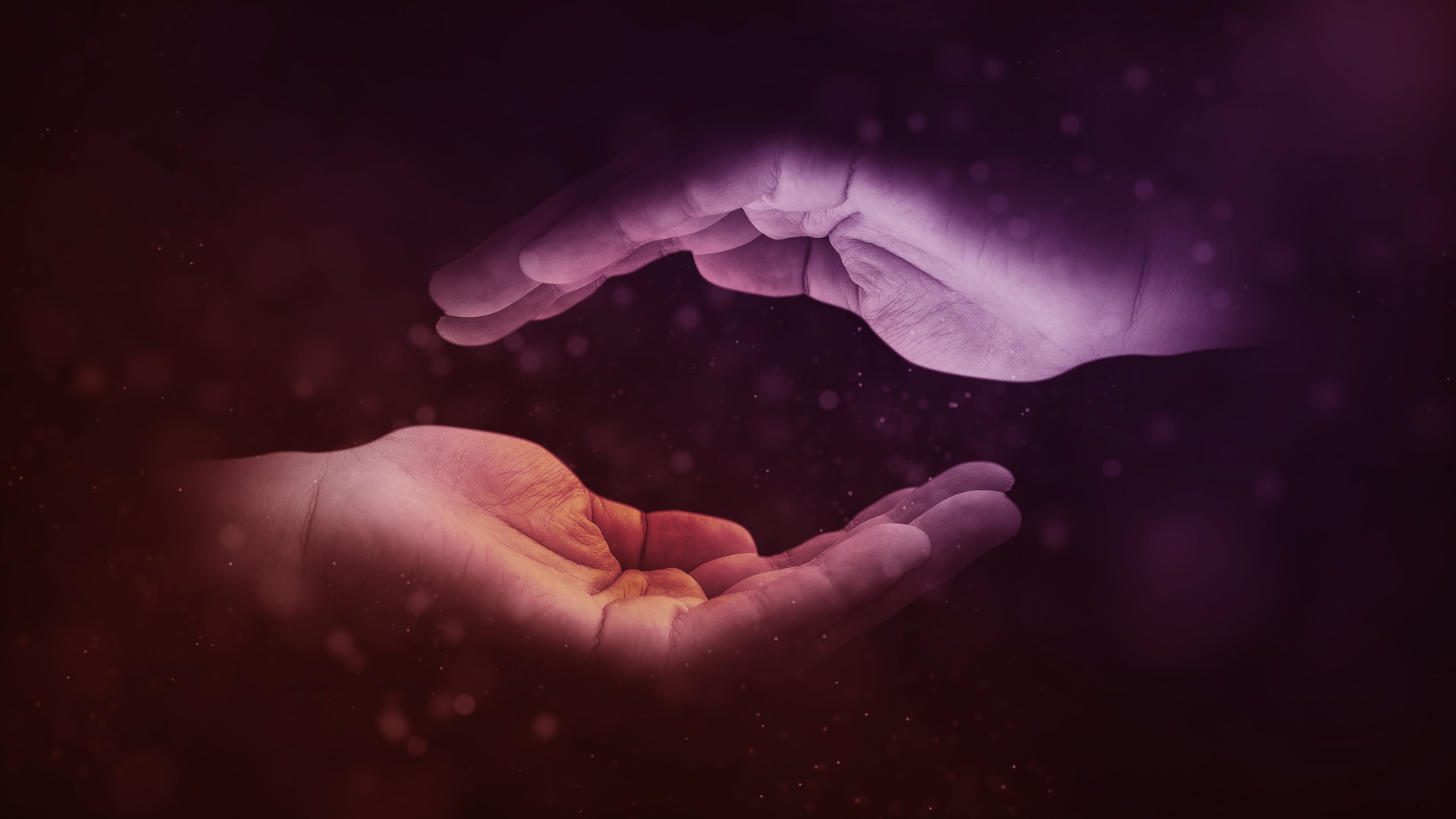 unconventional bench players in order to flesh out fresh solutions.
unconventional bench players in order to flesh out fresh solutions.
For media brands, this won’t be a simple interior decoration process. New paint and carpeting can’t gloss over the challenges that lie ahead.
We’re going to have to put our tribal differences and long-held beliefs aside, and do our best work.
And let’s shake on that.
- What To Do If Your Radio Station Goes Through A Midlife Crisis - April 25, 2025
- A 2020 Lesson?It Could All Be Gone In A Flash - April 24, 2025
- How AI Can Give Radio Personalities More…PERSONALITY - April 23, 2025




Fred,
Not surprising, you’ve once again hit the nail on the head. Your comments speak to a critically important time in our industry that requires a universal discussion on how we need to re-imagine radio for, not the future, but literally for tomorrow. You’re right, this pandemic has forced us to realize that our business model today will need to change in order to address how consumers and advertisers will use our medium from this day forward. And we all need to be on the same page.
“Guiding media companies in the age of disruption” must be the new mantra. And yes, “re-thinking everything” is the way to go. We need all broadcast companies to come together now. Can we do this?
Ross
Ross Davies
President, The Davies Company
Broadcast Solutions
Toronto, Ontario
Appreciate the kind words and the agreement. Like me, you’ve done this for a while and have great perspective on our industry, Ross. This is going to be a profound challenge for us. And to answer your last question – I’m not sure, but I hope so. Stay safe.
Fred,
So appreciate your perspective on the big picture (society) as well as your focus on the challenges facing broadcasters.
Especially nailed how we have changed our behaviors in positive ways. We are visiting our son and his family in LA on FaceTime or Zoom almost daily. We used to fly out 6 times a year. We’re actually more connected now.
And oddly, in retirement.. I’ve gone from one podcast a week to four, and banging out song parodies with friends remotely recording using TeamViewer and Cleanfeed.net
“No high fives!”
Stay safe,
Bob Rivers
bobrivers.com
bobandzip.com
Miss you, Bob. Thanks for reaching out & for the kind words. Glad to hear you’re cranking again. All the best to you, your family, & your team.
It’s a new world with no playbook to guide us except for the one that we’re writing as we go along. Thanks for providing us with the table of contents Fred. It’s up to all of us to draft each chapter carefully. Let’s just hope the ending is one we can all agree on.
Much appreciated, Johnny. We’re out there in the tall grass with just a machete. This is a moment when our industry needs to work together for our common good. Be well and be safe.
While I agree with most of the points here, the seemly small comment about IT and Engineering hit a nerve.
Back in mid-March when it was announced we had a pandemic on our hands, owners, management, programmers were all urinating in their pants wondering how they would keep something on the air and the business afloat.
All over the world, there were many hours of conference calls with IT and Engineers (that sometimes took place evenings and weekends), asking the same question …how are we going to keep the wheels on this bus turning with nobody in the studios?
Many of these same IT and Engineering departments that have had technical budgets slashed to a bare minimum and work many thankless hours were yet again called to pull another rabbit out of the hat with the tech tools they had on hand.
As a side note…remember the tech budget? Now your asking for spare laptops for all these new mobile workers, in case you’re wondering there is no magic store room of laptops.
While most managers treated COVID-19 like a natural disaster, that it would a simple case of picking up the pieces and things will be back to normal in a few weeks, technical people were sweating the what if all hell breaks loose scenarios for the long run.
One important point, while all the support staff, programming, sales, management are at home in pyjamas on Zoom calls, technical people still have to leave the safety of their homes (I’m aware they aren’t the only ones, i.e. news reporters, on-air, producers) and are on the front lines attending to the the wants and dreams to make everyone’s experience of working at home identical to being in million dollar studios.
In many stations, Engineering is generally the go to department for tasks such as sourcing cleaning supplies for the skeleton staff that are left behind. IT makes sure that cybersecurity standards are being held in place and have to apply these to the mobile workforce, then pray and lose sleep that they arent hit with a cyberattack ….and most importantly those people keeping something coming out of the speakers, because stuff breaks COVID-19 or not.
I believe that in this business all departments are important and everyone plays an role in making this business work. The technical area is often misunderstood and very few owners, managers take an interest of what these men and women actually do or are aware of the sacrifices they make. Your comment underscores this lack of knowledge. In this case, I think you are minimizing the efforts of technical staff all over the world during these interesting times.
And to your last line, if I’ve done so, apologies. I lived with an engineer back in college who taught me the value of the work and what goes into it. My point was that I have heard many radio execs and programmers sing the praises of IT & engineering for pulling off some amazing feats these past few weeks. But little has been said (IMO) about the adjustments others have had to make. In retrospect, I said it inartfully. Thanks for all you do/have done.
It’s really amazing how differently this is being handled around the country. I have friends in Florida and elsewhere in the country that are amazed that I’m actually going out and doing remotes right now. Yesterday we were at a restaurant sampling food and having drinks. I’ve actually been in studio ever since this began. Volunteered as tribute to do the shopping, so my wife who I dubbed the more important person can go on. (who also knows where all the bodies and bills are buried) Sure we’ve had our fair share of scares. My son I was exposed twice and my other son was exposed once and we had our own close encounters at work. But we all kept moving on.
My daughter is going to dance and her show choir practices, my son works for doordash, my other son is a contractor and my wife works in the schools. Yet in many other areas of the country they are still locked down and some not even allowed in their studios. One thing I’ve learned in the last 5 to 6 months, is I can’t stop this, but I can limit it. And life is too short to worry about stupid things. Especially award shows, celebrities/athletes opinions and politics.
I concern myself with not letting people spit in my mouth or sneeze cough near me and making sure I keep my distance. Again weird how it is in different parts of the country.
Moose, thanks for sharing this. It IS very much a personal situation, but intensely local – right down to the community, and not just the city or state. The lack is a standardized national response puts state & local municipalities in a position where they all have to figure it out (and often pay for it) themselves. Understandably, some are doing a better job than others. Stay healthy and safe.